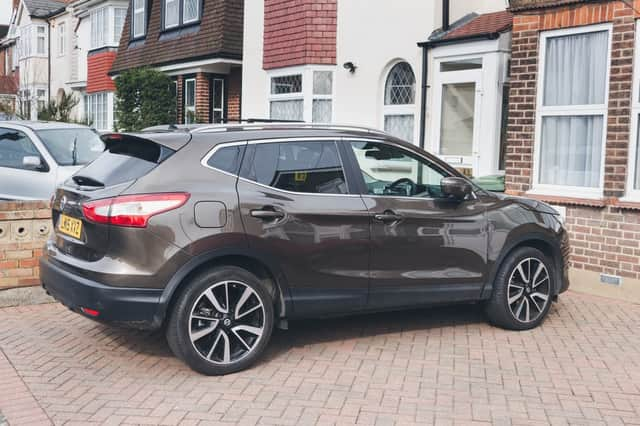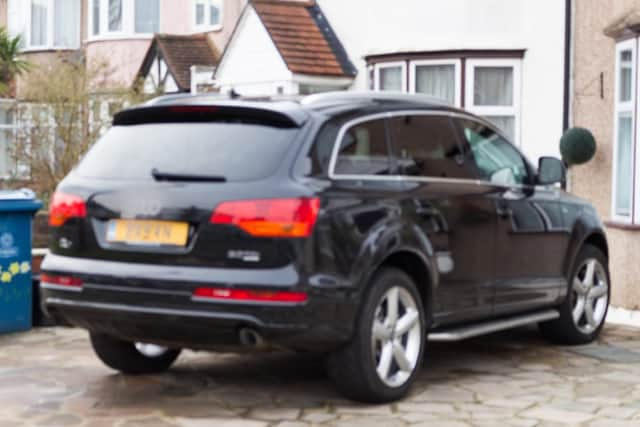Strangers can park on your driveway and there’s almost nothing you can do about it


The rights and wrongs of parking are a constant source of debate among motorists, with arguments up and down the country about who can park where.
And new research by USwitch shows that most people are in the dark about the laws around parking, including the fact that anyone can park on your driveway and there’s nothing the police can do about it.
Advertisement
Hide AdAdvertisement
Hide AdAs odd as it might sound, parking on someone else’s driveway isn’t a criminal offence - something 64 per cent of people were unaware of. According to police, parking on someone else’s property is considered trespassing, which is a civil matter, rather than a criminal one. That means police are powerless to remove a car parked on your property.
What’s more, your local council is unlikely to intervene either, as your driveway is private property and so not under the authority’s jurisdiction. Councils can be asked to remove a car from private property if you think it has been abandoned. However, if the vehicle is taxed, insured, has a valid MOT and isn't in a dangerous condition, they’re unlikely to move it from private land.


So, what can you do? Uswitch car insurance expert, Florence Codjoe says: “If you come home to find a stranger has parked their car on your drive, try having a polite chat with the driver first, as there may have been a simple misunderstanding. If you can’t come to a resolution and it happens repeatedly, then it may be worth contacting Citizens Advice or a solicitor to seek further help.”
What you shouldn’t do, no matter how tempting, is damage the offending vehicle. That could leave you open to criminal charges despite the provocation. Of course, if you can still fit your car in the driveway without obstructing the public highway, that’s your right, even if it means blocking the other vehicle in.
The USwitch research also found that 60 per cent of drivers wrongly believed they are legally entitled to park outside their own property. In fact, unless parking is governed by residents’ parking permits or designated spaces, anyone can park on the public street outside your house as long as they aren’t causing an obstruction (such as blocking a dropped kerb).
However, the research also revealed where it is illegal to park, and where breaking the rules could see you fined.
According to the Highway Code you must not park:
- On a pedestrian crossing, including the area marked by the zig-zag lines
- In marked taxi bays
- In a cycle lane
- On red lines
- In spaces reserved for Blue Badge holders, residents or motorbikes (unless entitled to do so)
- Near a school entrance
- Anywhere that would prevent access for emergency services
- At or near a bus/tram stop
- Opposite or within 10 metres of a junction
- Over a dropped kerb
Florence Codjoe said: “Parking in restricted areas could land you a fine of up to £1,000, so it’s important to ensure you avoid it. Not only could it get you into trouble, it could also obstruct pedestrians and other vehicles, putting their safety at risk.
“If your car is damaged or you’re involved in an incident whilst parked in a restricted area, this could also impact the validity of your car insurance if you need to make a claim.”